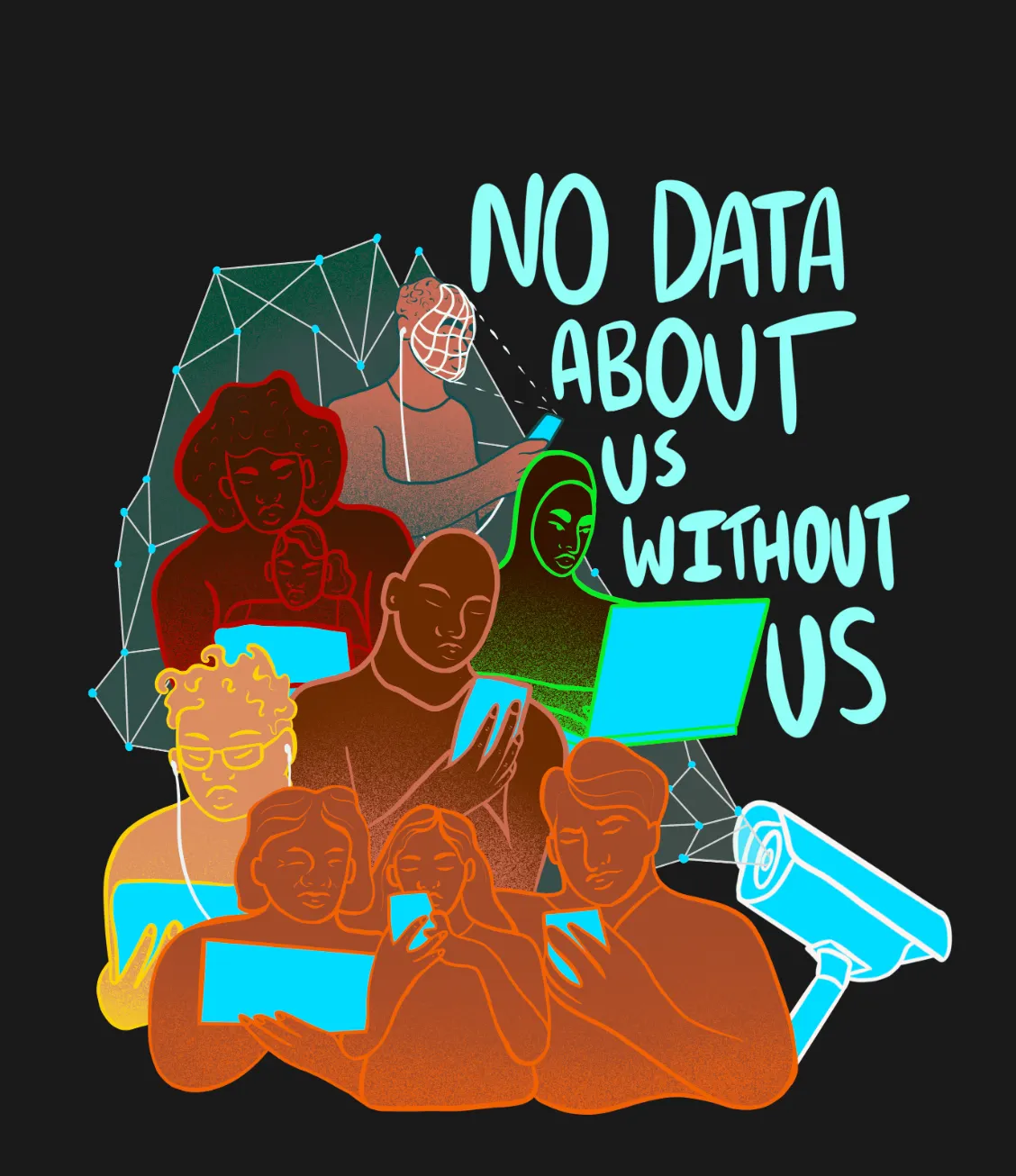Urban Security and the Social Contract: Voices from Lagos
Samson FaboyeIn this comprehensive exploration of Lagos, the author delves into the dynamics of safety and security within these areas, highlighting the prevalence of gated communities and the roles of private security guards and vigilantes.

Photo: Paul Saad
Lagos – Nigeria’s commercial capital city, is home to an estimated over 20 million residents. The term Lagos is colloquially used to refer to two differing connotations. Firstly, despite its economic significance, Lagos State is Nigeria’s smallest of 36 states. Conversely, there is also ‘a Lagos’ located within Lagos State. Lending the eponym to the state of Lagos is a certain Lagos Island, also referred to as Eko in the Yoruba language, the widely spoken indigenous language within the metropolis. Intriguingly when the supposed City of Lagos is mentioned, it oftentimes refers to Lagos State.
I lived the first seventeen years of my life in Lagos [Lagos State]. Though it is now more the ten years since I last permanently resided in Lagos, the ‘Lagos experience remains indelibly etched’ in my memory, and not much has changed ever since. Nevertheless, I sought the opinions of a few current residents to enrich this article's update. Interviewed residents presented Lagos residency experiences across the socioeconomic stratifications.
Socioeconomically, Lagos State is informally delineated into two areas – the Island and Mainland. As host to Nigeria’s financial and business hub, the Island is a codeword for the socioeconomic upscale parts, while the Mainland would refer to the socioeconomic downscale areas (actually on the mainland parts of Lagos). Regardless of these delineations, both areas share gated streets and communities characteristics manned by private security guards or vigilantes. While the highbrow areas like Lekki, Ikoyi, and Victoria Island might be deemed safe, a respondent argued that slum parts of Lagos have their unique measure of safety because residents are well acquainted with one another. So while slums might be home to jobless and economically destitute persons who have a higher propensity to perpetrate crime, slum areas are not crime infested as perceived.
The gated-street culture prevalent around the Lagos metropolis restricts residents' movement. These restrictions are of two kinds:
Time-bound restrictions: In such cases, a time is set to close the street/community gate, after which non-residents are barred access.
Non-resident bound restrictions: Communities adopting this measure, usually in socioeconomically upscale areas, would only allow community residents access. Non-residents can only gain access with the express permission of a resident.
Armed robbery, traffic robberies, auto theft, automobile vandalism, and phone theft are crimes of concern around the Lagos metropolis. Police presence is focused on highway patrol with a sparse presence within communities. The Lagos Neighborhood Safety Corps (LNSC) is another state security layer within the security architecture of the Lagos metropolis. While the Federal Government controls the Police from Abuja, the LNSC is controlled by the Lagos State government. However, only the Police are licenced to bear arms.
Interviewed residents corroborate the mistrust of the government security architecture, hence a heavy reliance on private and community efforts for security. Nevertheless, there is a collaboration between community and government security networks. This draws synergy from the Community Development Associations (CDAs) and Community Development Councils (CDCs) – CDCs being an agglomeration of CDAs within a zonal precinct. These community-based organisations engage the security concerns of residents with government security agencies.
The permeation of digital technologies in crime combat is ambiguous. In the opinion of a resident, " to the best of my knowledge, I have not seen any application of digital technology [to tackle crime].” While this might hold true to an extent regarding digital hardware measures, social media [soft digital measures] have proven relevant. Residents engage the social media [particularly Twitter] handles of government security agencies, personnel and government functionaries to report criminal activities. Instant messaging apps like WhatsApp and Telegram also come in handy for security updates among residents of CDAs. Though there are government-installed CCTVs on major highways, it is alluded that such are not targeted at crime combat; rather, it monitors vehicle licencing compliance.
Residents’ satisfaction with the government's fulfilment of its social contract obligation on security is not satisfactory. Despite the ineffectual formal security measures, Lagos residents have found invited spaces to formalise informal security measures to secure their communes. There is a craving for hard digital security measures -installing street CCTVs and digital kits (particularly body cameras) for security officials, as this is anticipated to boost the extant security framework within the Lagos metropolis immensely.



